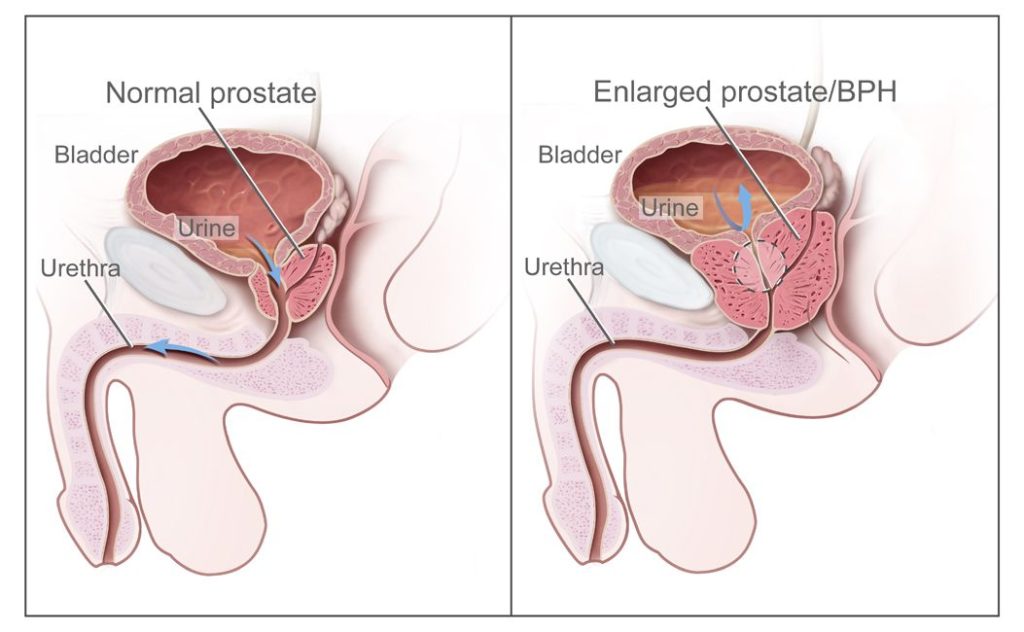Defence Secretary Lloyd Austin, who recently got prostate cancer screening, stressed in a press conference after returning to work. Despite his health issues, Austin advised older men to get regular checkups because prostate cancer screening can be treated early. The Defense Secretary was criticized for concealing prostate cancer hospitalizations.

Prostate cancer screening is recommended for men over 55 with a 10-year life expectancy. (Photo from National Cancer Institute)
Defense Secretary Lloyd Austin Spotlights Prostate Cancer Screening
US men’s most common cancer is prostate cancer, but preventive screening is not routine. Austin’s advocacy emphasizes screenings for early detection and effective treatment. He recounted his December prostatectomy and subsequent hospitalizations.
Austin opened up about his undisclosed hospitalizations to set a better example. Prostate cancer screening, unlike other cancer tests, draws controversy over its life-extending effects. Not all men should be screened for this common cancer.
No standard prostate cancer screening test exists, but PSA and DRE are common screening methods. DRE checks for abnormalities, while PSA measures blood levels. With no evidence of its benefits, the U.S. Preventive Services Task Force doesn’t recommend DRE.
READ ALSO: Rectal Cancer Therapies Improve: Surge In Patients Opting Out Of Surgery
Prostate Cancer Screening Dilemma: Weighing Risks, Benefits, and Individualized Approaches
The slow growth and asymptomatic nature of prostate cancer screening fuel the debate. Screenings aren’t advised for men over 70 or with a 10-year life expectancy. Screening benefits are weighed against false positives, overdiagnosis, overtreatment, and financial burdens.
Men aged 55–69 may benefit from PSA-based screenings, according to the USPSTF. However, it stresses the need for individual risk-benefit discussions with doctors. Dr. Michael Whalen recommends prostate cancer screening for men over 55 with a 10-year life expectancy, while high-risk individuals like those with a family history or African American descent may need earlier screenings.
Routine checkups, including PSA blood tests, are essential without dietary prevention. Prostate cancer screenings aid early detection and treatment. Austin’s advocacy raises prostate cancer awareness and promotes individualized screening discussions between patients and their doctors.
READ ALSO: Biden’s Bold Move: Widening Methadone Access As Opioid Deaths Surge – A Crucial Step In The Battle Against Addiction
























